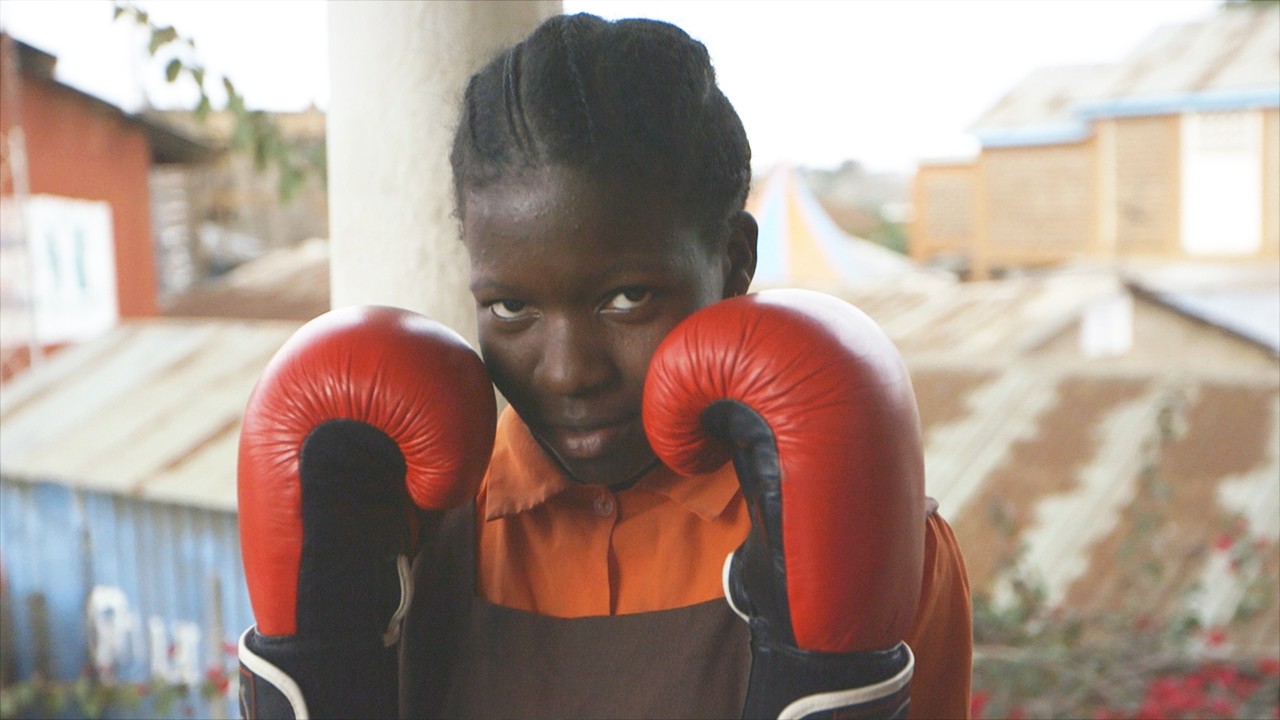When Rhea Sodhi, a 28-year-old Mumbai-based homemaker, learned her baby's due date, she was elated. Not only could she meet her child within a couple of weeks, but the due date also meant her baby would be born close to Mahashivratri, the Hindu festival known as the Great Night of Lord Shiva. Indian mythology states that Hindu deity Shiva performed his great dance this night, which led to the creation of the universe.
Advertisement
Sodhi was thrilled that her baby would enter the world close to the day—March 10— that Shiva created it. In order for the delivery date to match with Mahashivratri, Sodhi deliberately underwent a caesarean section, and her daughter, Somya (named after Lord Shiva's wife) was born 23 days before her due date."Of course, we considered the repercussions," Sodhi says. "But we realized that the negative hype around such deliveries is overrated. My brother and I both were caesarean babies, and our mother has had no complications whatsoever. With the advances in science, even the incision scars dissolve within a few months now. Overall, it was a great deal. My baby was born on the most auspicious day. Plus, I was saved from the mind-numbing labor pain which accompanies a normal delivery."
Even as concern mounts around the world over the increasing rates of caesarean section deliveries (the World Health Organization advises against caesareans unless medically necessary) , in India more women are requesting them to ensure their baby's birth matches with auspicious dates. And now, with Diwali—the biggest Hindu festival of all—just passed, it's the season for surgical deliveries in India.Dr Piyush Goyal, a Mumbai-based gynaecologist with two decades of practice, says that he receives at least ten of these requests each year. Overall he's seen a rise in the number of these requests he's received over the past decade. For this year's Diwali, he says he had at least two C-sections deliberately scheduled for the day of Dhanteras (October 17), when Hindus celebrate Lakshmi, the goddess of wealth and prosperity.Read more: Can Panic Buttons On Mobile Phones Really Keep India's Women Safe?
Advertisement
"This year, I've performed two such surgeries so far, while last year, there were at least four," agrees Dr Dhrupti Dedhia, a gynecologist based in Mumbai.
Watch: Nairobi's Box Girls Fight Back
Recent data from India's National Family Health Survey 2014-15 (NFHS-4) reveals that the rate of C-sections has nearly doubled in India over the last decade, from 8.5 percent in 2005-2006, to 17.2 percent in 2015-15. And the trend is more prevalent in urban areas, where 28.3 percent of deliveries are by caesarean, compared to 12.9 percent in rural India. The World Health Organization (WHO) suggests that a rate of ten-15 percent is considered appropriate for caesarean deliveries. In India, however, the caesarean rate is much higher than the WHO average, especially in urban areas and among richer sections of the population. Similarly, the rate is almost three times higher in private hospitals (40.9 percent), compared to public ones (11.9 percent).In addition to coinciding births with religious festivals, couples also opt to deliver children on auspicious days. Often, when women are between their 38th and 40th week of pregnancy, and learn that a caesarean is necessary for medical reasons, they choose to have their baby born at a time suggested by their astrologers.
Watch: Nairobi's Box Girls Fight Back

Recent data from India's National Family Health Survey 2014-15 (NFHS-4) reveals that the rate of C-sections has nearly doubled in India over the last decade, from 8.5 percent in 2005-2006, to 17.2 percent in 2015-15. And the trend is more prevalent in urban areas, where 28.3 percent of deliveries are by caesarean, compared to 12.9 percent in rural India. The World Health Organization (WHO) suggests that a rate of ten-15 percent is considered appropriate for caesarean deliveries. In India, however, the caesarean rate is much higher than the WHO average, especially in urban areas and among richer sections of the population. Similarly, the rate is almost three times higher in private hospitals (40.9 percent), compared to public ones (11.9 percent).In addition to coinciding births with religious festivals, couples also opt to deliver children on auspicious days. Often, when women are between their 38th and 40th week of pregnancy, and learn that a caesarean is necessary for medical reasons, they choose to have their baby born at a time suggested by their astrologers.
Rhea Sodhi. Photo by Puja Changoiwala
"That's true for 90 percent of the couples," says Dr Rishma Pai, the president of The Federation of Obstetric and Gynaecological Societies of India. "Families are told various things—[a] baby born at the specified time would be fair, healthy, lucky, intelligent, and would look after the parents in their old age. Although these claims have no scientific basis, innumerable couples fall for them, owing to the magnificent prevalence of superstitions in India, and the raging belief in godmen [holy men]."
Advertisement
While the basic principles of astrology are the same around the world, in India, belief in astrology can be lethally strong. Many Indians are regularly duped by godmen making claims citing astrology.Priya, a 29-year-old Pune-based homemaker who prefers to withhold her surname, chose to coincide her delivery after consulting with her family-in-law's preferred astrologer."When my family learnt that I could not have a vaginal delivery owing to certain complications, they approached the astrologer, and he suggested a time," Priya explains. "He said that if my baby was born at the prescribed time, he would be exceptionally intelligent, would prosper, and have the riches of a king. 'It's all about the positioning of planets,' he explained, and stated that at the time he had prescribed for my baby, Mercury was robust, and would bless the child."Sometimes, caesareans can be timed to the exact second. Dr. Cherry Shah, a Mumbai-based gynecologist, recalls one extremely specific request. ""Once I was requested to deliver a baby at the ninth second of the ninth minute after 9 AM," she says. "I did accomplish the feat, and a few years later, I learnt that the family's fortune had multiplied. They still believe that it was the baby and his auspicious birth timing that brought about their riches."Just as there are auspicious days and timings for childbirth in India, there are unfavorable days as well. Solar eclipses, for example, are ill-fated, and some pregnant woman abide by strict restrictions to avoid going into labor during this time.
Advertisement
An Indian astrology website lists do's and don'ts for pregnant women: .Stay at home during a solar eclipse. Do not use a knife or any other sharp weapon. Avoid wearing metals especially jewellery, and hair pins. Do not watch the eclipse with naked eyes.Sometimes, observing these traditions costs lives. Dr. Hamid Dabholkar has campaigned for decades to bust such superstitions in India. He tells me that the restriction on pregnant women leaving their homes is especially damaging."People believe that on the day of the eclipse, the ultra-violet rays from the sun are dangerous, and if a pregnant woman is exposed to them, her baby will be born with deformities," Dr. Dabholkar says. "In Maharashtra, we have observed that there's a noticeable decline in footfall at maternity hospitals on the day of the eclipse."On August 20, 2017, Dr. Dabholkar tells me, a pregnant woman in Maharashtra's Satara district refused to be admitted to hospital because of an eclipse. The following day, the woman and her unborn child died. Alongside refusing medical treatment, manipulating the time of childbirth, says Dr Goyal, can be medically unsafe. "Women who opt for c-sections before their scheduled date to match it with an auspicious date do not realise that the last three to four weeks of their pregnancy are the most important ones," says Dr. Goyal. "This is when the baby puts on most weight, and a child's birth ahead of his ideal arrival date can lead to prematurity, several other complications."
Advertisement
For now, it looks likely that the practice will continue. Religious beliefs are sacrosanct in India, and criticizing them often doesn't go down well. But a more culturally sensitive approach can be effective.Professor Nitin Shinde, an expert on child-birth myths, visits villages across the country, speaking to couples and families. As belief in godmen and myths is particularly prevalent in rural India, Shinde targets large families who may pressure women into picking certain birth timings and dates. He uses a combination of astrology and astrophysics—presented in a slideshow format—to explain why a child's birth-time doesn't affect their future.He also calls on people to bring their birth charts, which are prepared by astrologers according to the positioning of stars and planets at the time of their birth. Astrologers claim that the positioning of these planets and stars determines the course of a person's life. The professor uses his knowledge of astronomy to show that astrology has little scientific basis, owing to its lack of an underlying hypothesis that can be tested through research."It's lack of scientific literacy," he says, "which still makes people believe in these myths, and lose money to astrologers, who're looking to take advantage of them." Despite his best efforts, Shinde is not always successful. "Even with reason backing my claims, I face resistance," he sighs.While mothers like Sodhi don't regret their decision, it's likely this practice won't be ending any time soon. "I don't see a downside to undergoing a C-section if it brings your baby to the world on a propitious day," Sodhi says."If I plan a second child, I would do it again."
